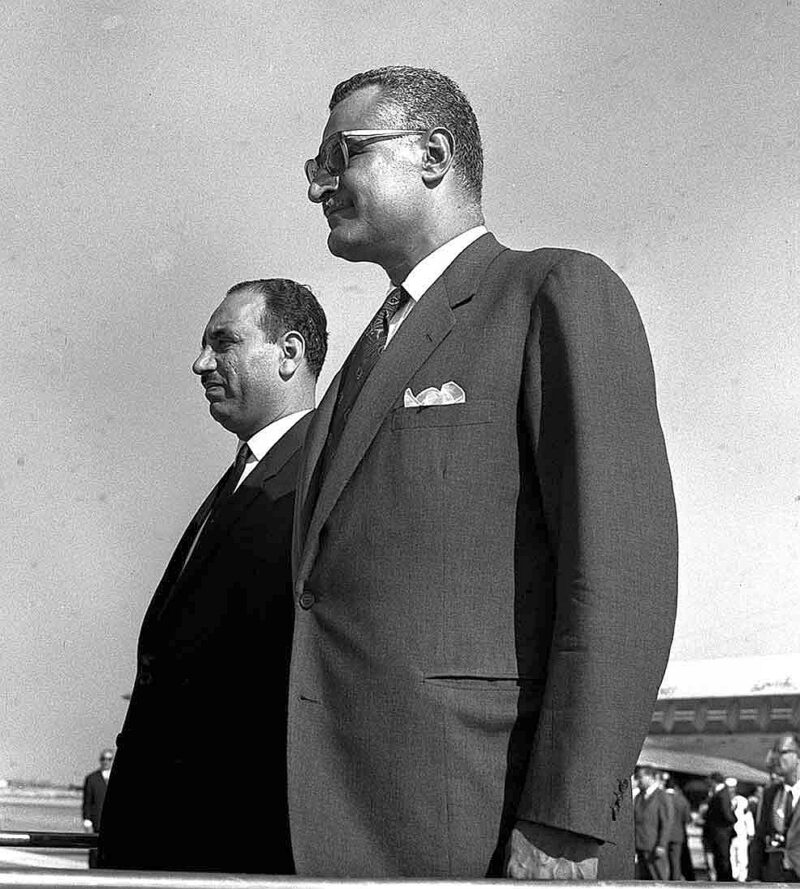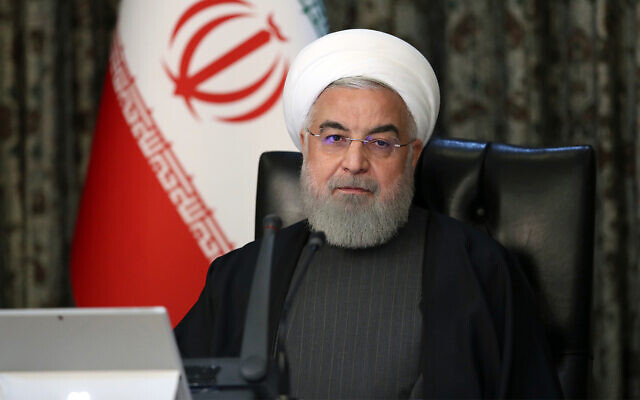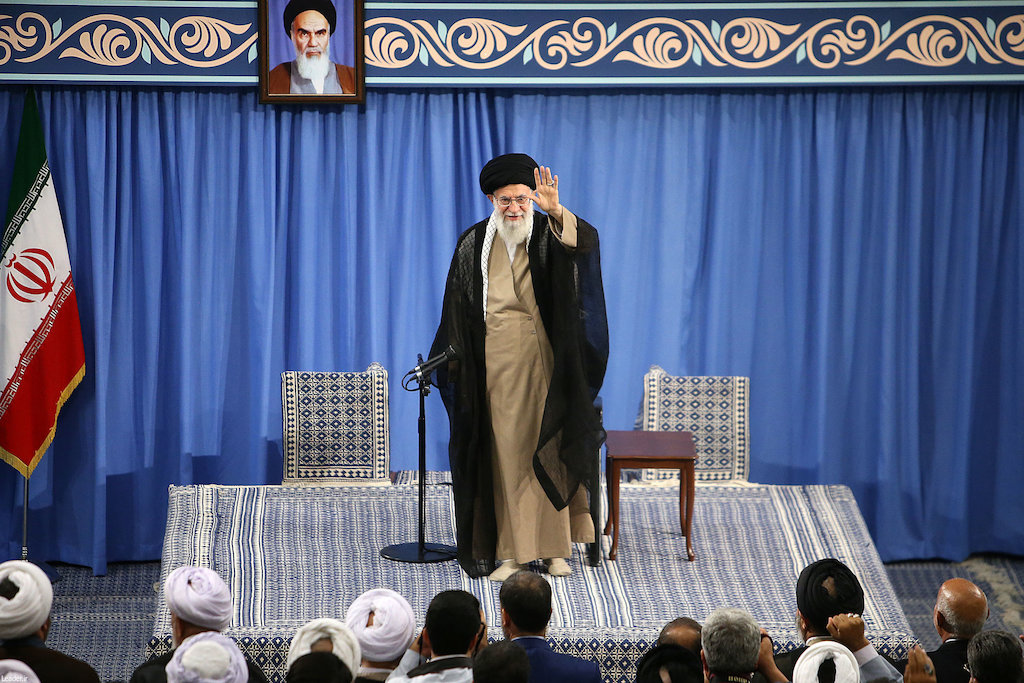On his English-language Twitter feed a few days ago, Ayatollah Ali Khamenei, the supreme leader of Iran, predictably lambasted the United Arab Emirates’ normalization agreement with Israel. He accused the UAE of betraying Islam, the Arab world and the Palestinians. “The UAE rulers opened the door of the region to the Zionists,” he tweeted angrily.
And then he made a far more incendiary comment, claiming that “the Israelis & filthy Zionist agents of the U.S., such as the Jewish member of Trump’s family,” were conspiring with “utmost cruelty” to undermine “the world of Islam.”
Khamenei was referring, of course, to Jared Kushner, President Donald Trump’s senior advisor, son-in-law and a key facilitator of Israel’s historic rapprochement with the UAE.

As a general rule, Iranian leaders do not make direct references to the religious affiliation of American personalities, much less members of Trump’s White House staff. They confine themselves to excoriating U.S. policy in the Middle East or belittling this or that American official who has offended them for one reason or another.
But in this instance, Khamenei departed from convention and singled out Kushner as a Jew. Khamenei’s direct reference to Kushner’s Jewish faith was jarring. It was redolent of an antisemitic rather than a strictly anti-Zionist narrative.
Antisemites tend to highlight a person’s Jewish identity when their intent is to defame or discredit them. It’s a classic Judeophobic tactic. And this is precisely what Khamenei did when he gratuitously called out Kushner’s Jewish background.
By attacking Kushner in this way and associating him with filth, Khamenei descended into the pit of antisemitism.
In general, anti-Zionists like Khamenei take care to differentiate between Israel and Jews, as if there is and never was any connection between the Jewish state and Jews in the Diaspora. In denouncing Israel or calling for its destruction, they invariably imply that they harbor no animosity toward Jews per se. This is supposed to absolve them of the accusation that they are antisemitic.
In the past, anti-Zionists in the Muslim world did not bother to distinguish between Israel and Jews, as a succession of events illustrate. The birth of Israel in 1948 set off anti-Jewish riots in Arab states like Libya, Morocco and Syria, destroying venerable Jewish communities. And Israel’s military victories led to the further persecution and emigration of Jews from Arab lands.

President Gamal Abdul Nasser ordered the arrest and imprisonment of local Jews in the wake of the Six Day War, assuming they were disloyal and somehow complicit in working against Egypt’s interests. The Baathist regimes in Syria and Iraq, having adopted the same mindset, severely restricted the rights and movements of Jews.
The Islamic fundamentalist regime in Iran, which is viciously anti-Israel and supports rejectionist organizations like Hezbollah and Hamas, has not generally mistreated its Jewish citizens in this manner. Instead, Iran has tried to draw a line between Israel and its Jewish community, the largest in the Muslim world.
Iranian leaders from President Hassan Rouhani to Foreign Minister Mohammed Javad Zarif have railed against Israel endlessly, condemning it as an artificial entity that has no moral right to exist and will not survive for much longer.

At the same time, they have sent New Year greetings to Iran’s Jewish community, thereby proving they are capable of drawing a distinction between Israel and Iranian Jews. It’s a smart way of conducting the affairs of a nation, since Iran is loathe to leave itself open to charges that it treats its Jewish citizens badly.
But now that Khamenei has blurred the line between anti-Zionism and antisemitism and resorted to using the race card to explicitly attack a Jewish member of the Trump administration, he has let the genie out of the bootle. He has made it clear that, as far as he is concerned, there is not a scintilla of difference between a Jew and a Zionist.
Khamenei’s decent into antisemitism is dangerous. It could have dire consequences on the remaining Jews of Iran and coarsen even more the nature of the anti-Zionist discourse.
